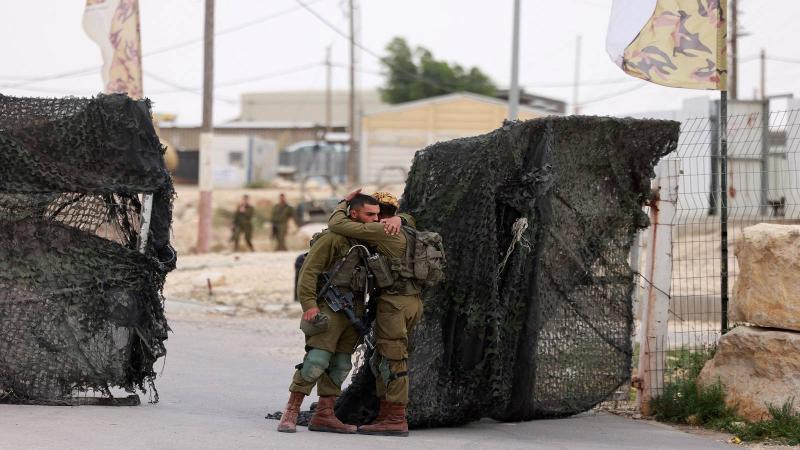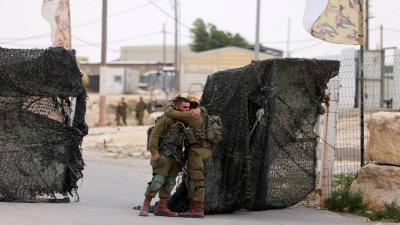I truly do not remember how many times I have written here warning of plots revolving around Egypt aimed at targeting it, whether before what was falsely termed the "Arab Spring," or after; due to ongoing campaigns, in every event, small or large, to undermine Egypt and its stability. Today, after the shooting incident on the border in Rafah between the Israeli and Egyptian armies, which resulted in the death of an Egyptian security officer, we see an organized campaign that has never ceased to attempt to embroil Egypt in a confrontation with Israel. This confrontation that Egypt’s adversaries seek to create has always centered on a fundamental idea: pushing Egypt to terminate the peace treaty with Israel. There is a continuous effort to embarrass Cairo regarding this agreement through incitement, malice, and betrayal.
The truth is that this agreement does not protect Israel or Egypt; rather, it protects the entire region. It safeguards peace and stability and provides an opportunity to advance the peace process in the region, regardless of any setbacks, whether due to Israeli madness or Iranian sabotage through militias. The blame should not fall on Egypt for every futile war, but on those who caused it and incited it. The Egyptian-Israeli peace is not a sign of Egyptian weakness; rather, the weakness lies with those who falsely claim "resistance and defiance" over decades.
The blame is not on those striving for Egypt's stability but rather on those who have squandered Syria and turned it into an Iranian battleground, without firing a bullet at Israel. The blame is on those who have transformed Lebanon into a weapons depot that has resulted only in the oppression of the Lebanese and the destruction of the state to serve the Iranian project. Accordingly, those who wish to serve Palestine and the cause must first be strong internally, in their countries, whether it’s Egypt, Saudi Arabia, the UAE, or Jordan, and not internally exhausted and destroyed like Syria, Lebanon, or Iraq.
Speaking of Iraq, the "New York Times" published a story yesterday about the desire of Iraqis to assist Palestinians, but they complain that wars have exhausted them for forty years, and they are unable to do anything. The story quoted Nour Nafi, a member of parliament, expressing the disappointment of the youth regarding U.S. support for Israel, and anger that Iran and the U.S. violate Iraqi sovereignty. It highlighted the fragility of the Iraqi economy, which cannot bear the burden of being dragged into the Gaza war. Nafi told the newspaper that many Iraqis stress that after decades of internal conflict, they are now trying to rearrange their own affairs. She states: "People tell me: Please... please, let me deal with my own problems first." This is natural because Iraqis have not recovered from previous wars; following the U.S. invasion and its aftermath, at least 272,000 Iraqis were killed, according to the Brown University Costs of War Project. In the Iran-Iraq War, over 250,000 Iraqis died, according to estimates from the University of North Carolina.
Thus, a weak and broken person cannot support the Palestinians. For Arabs to aid the Palestinians, they must first be strong within their nations, in their economies and stability. Reason must prevail, regardless of what happens. Therefore, we say: Caution... except Egypt.




